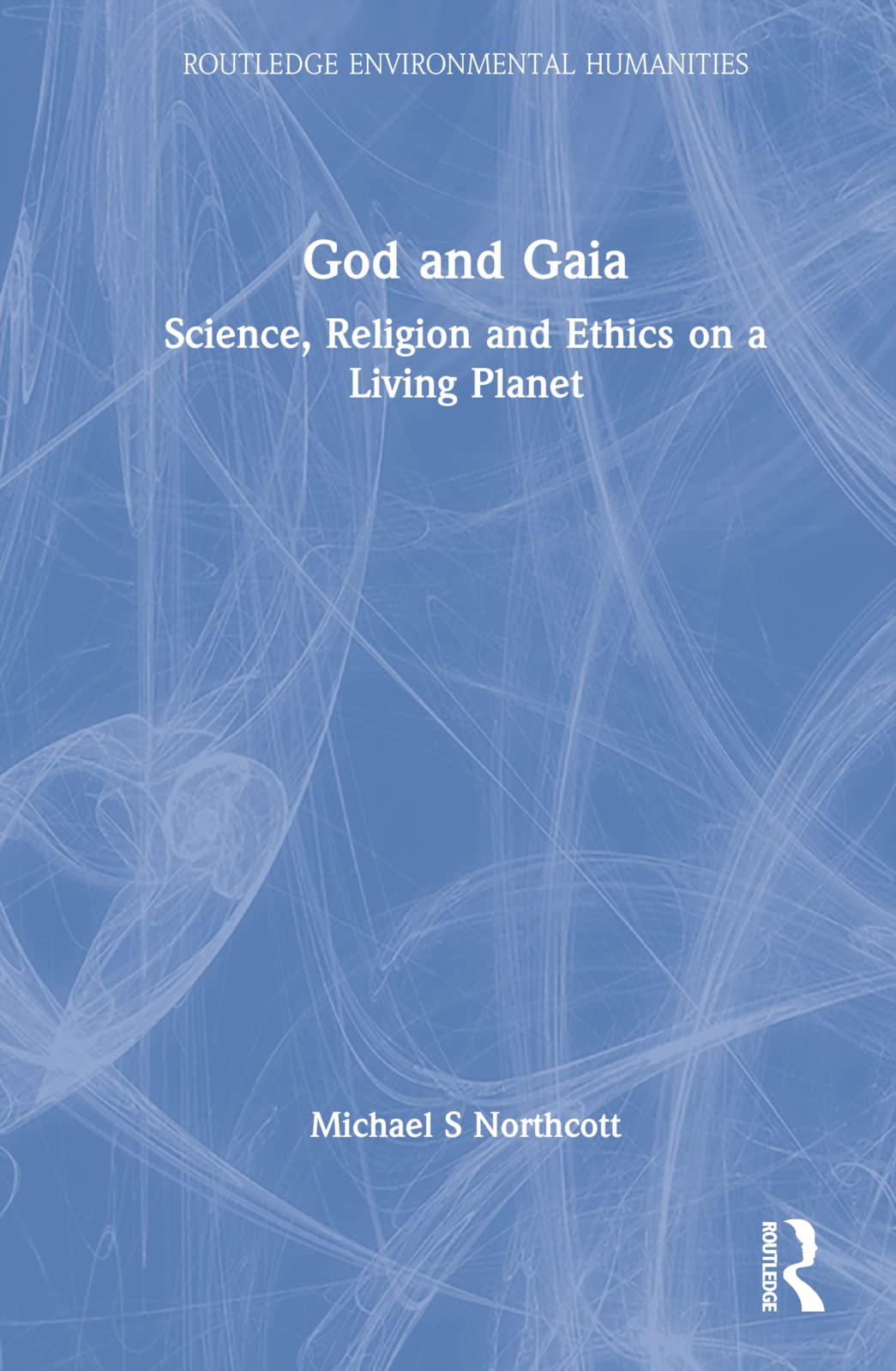

Most ebook files are in PDF format, so you can easily read them using various software such as Foxit Reader or directly on the Google Chrome browser.
Some ebook files are released by publishers in other formats such as .awz, .mobi, .epub, .fb2, etc. You may need to install specific software to read these formats on mobile/PC, such as Calibre.
Please read the tutorial at this link. https://ebooknice.com/page/post?id=faq
We offer FREE conversion to the popular formats you request; however, this may take some time. Therefore, right after payment, please email us, and we will try to provide the service as quickly as possible.
For some exceptional file formats or broken links (if any), please refrain from opening any disputes. Instead, email us first, and we will try to assist within a maximum of 6 hours.
EbookNice Team

Status:
Available0.0
0 reviewsGod and Gaia explores the overlap between traditional religious cosmologies and the scientific Gaia theory of James Lovelock. It argues that a Gaian approach to the ecological crisis involves rebalancing human and more-than-human influences on Earth by reviving the ecological agency of local and indigenous human communities, and of nonhuman beings.Present-day human ecological influences on Earth have been growing at pace since the Scientific and Industrial Revolutions, when modern humans adopted a machine cosmology in which humans are the sole intelligent agency. The resultant imbalance between human and Earthly agencies is degrading the species diversity of ecosystems, causing local climate changes, and threatens to destabilise the Earth as a System. Across eight chapters this ambitious text engages with traditional cosmologies from the Indian Vedas and classical Greece to Medieval Christianity, with case material from Southeast Asia, Southern Africa and Great Britain. It discusses concepts such as deep time and ancestral time, the ethics of genetic engineering of foods and viruses, and holistic ecological management.Northcott argues that an ontological turn that honours the differential agency of indigenous humans and other kind, and that draws on sacred traditions, will make it is possible to repair the destabilising impacts of contemporary human activities on the Earth System and its constituent ecosystems. This book will be of considerable interest to students and scholars of the environmental humanities, history, and cultural and religious studies.